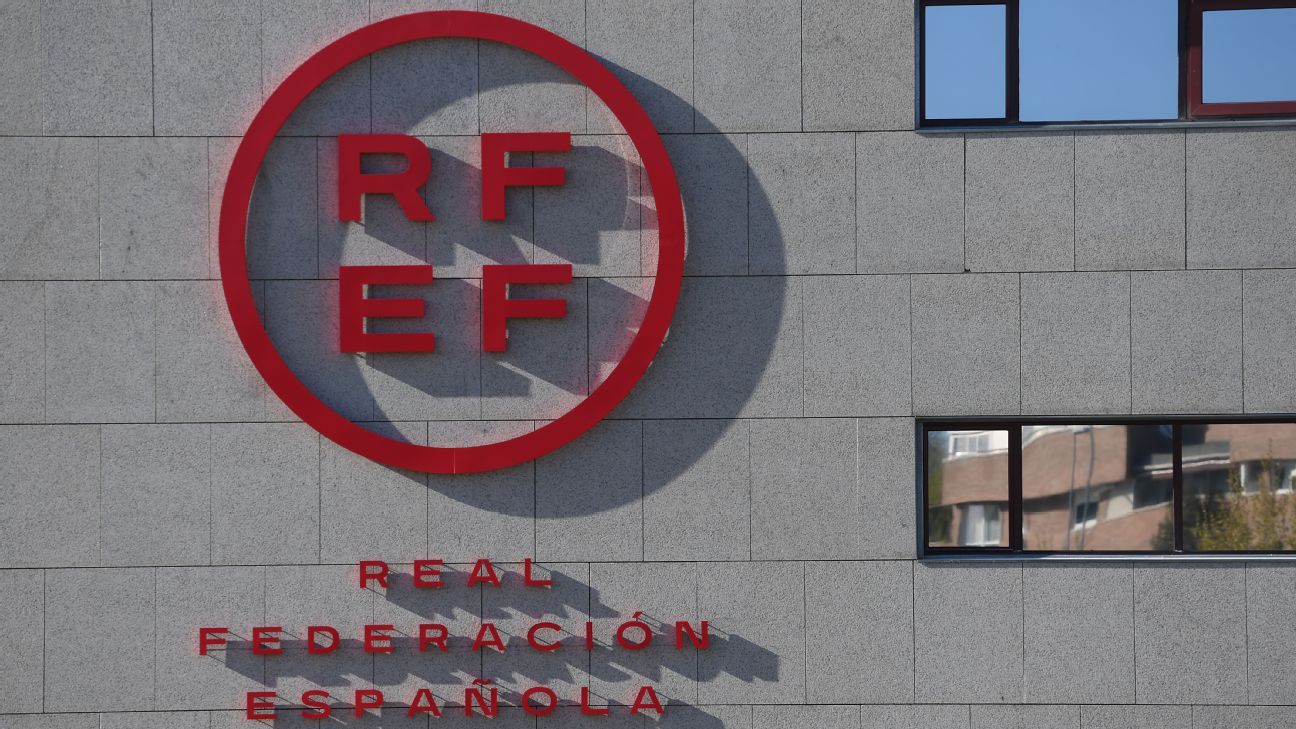
Real Madrid and several other teams seek biennial Club World Cup – sources
The Debate Over an Expanded Club World Cup
In the evolving landscape of international football, a significant discussion has emerged regarding the frequency of the Club World Cup. Clubs like Real Madrid, along with various others from Europe and South America, are pushing for a revamped version of the tournament to occur every two years. This proposal is primarily fueled by the potential for increased revenue, but FIFA appears to be firmly against it, citing multiple logistical and financial concerns.
Revenue Potential and Club Interests
The financial implications of a biennial Club World Cup are undeniably attractive to clubs. The latest tournament, held in the United States, featured discussions between executives from major clubs and FIFA representatives about the possibility of hosting it more frequently. The allure of substantial prize money has drawn clubs like Real Madrid, who earned $82.5 million after reaching the semifinals, and Chelsea, who walked away with $114.6 million as champions. With FIFA distributing a whopping $1 billion among participating teams, the incentive for clubs to advocate for a more frequent tournament is clear.
FIFA’s Stance on Feasibility
Despite the enthusiasm from clubs, FIFA remains resolute in its position. Sources indicate that FIFA views the proposal as "unfeasible," emphasizing the challenge of replicating the substantial revenue generated in the most recent tournament every two years. The organization is currently set on preparing for the next Club World Cup, scheduled for 2029, reinforcing its commitment to maintaining the tournament’s integrity and financial viability.
Calendar Conflicts and UEFA Relations
One of the critical factors complicating the proposal is the existing football calendar, which is already packed with various tournaments, leagues, and international matches. FIFA has concerns that holding the Club World Cup every two years could lead to conflicts with prominent competitions within UEFA, such as the Champions League, which could undermine the overall appeal and profitability of both tournaments.
Qatar as a Potential Host
Looking forward, FIFA is eyeing potential locations for the 2029 tournament, with Qatar emerging as a strong candidate. Having successfully hosted the 2022 FIFA World Cup, Qatar has the necessary infrastructure and financial backing to facilitate such a significant event. However, weather conditions pose a challenge, as the tournament would need to take place in December to avoid the extreme heat that characterizes the region earlier in the year.
Club Resistance to Participation
The push for a more frequent Club World Cup hasn’t gone unchallenged within the club ranks. Notably, Real Madrid’s former coach Carlo Ancelotti previously suggested that the club would decline an invitation to participate, arguing that the financial rewards being offered were inadequate compared to the revenue generated from individual matches. This sentiment echoes among other clubs, fueling resistance against a compressed tournament timeline.
Criticism from LaLiga Leadership
The proposal’s quality is further underscored by criticism from influential figures in European football. Javier Tebas, president of LaLiga, has emerged as a vocal opponent of FIFA’s revamped version of the Club World Cup. His concerns highlight the ongoing tensions between domestic leagues and international governing bodies, raising questions about the balance of power in the footballing ecosystem.
Summary of the Current Landscape
As discussions regarding the Club World Cup continue to unfold, the tension between financial incentives for clubs and the logistical realities faced by FIFA presents a complex dilemma. While clubs focus on maximizing revenue opportunities, FIFA is diligently working to maintain a tournament structure that serves both the sport’s integrity and sustainability. The outcome of this debate will significantly influence the future of club football on the global stage.



